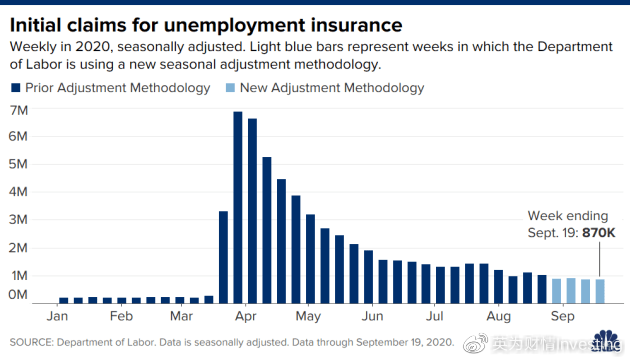摘要:本文探讨了通货紧缩现象,分析了其对经济的影响和挑战。通货紧缩是一种经济现象,表现为物价普遍持续下降,货币购买力增强。这种现象对经济和社会产生深远影响,包括消费者信心下降、企业投资减少等。文章深入探讨了通货紧缩的起因、影响以及应对挑战的策略,旨在帮助人们更好地理解这一经济现象并找到应对方法。
Introduction:
Deflation, a term often associated with economic downturns, refers to a sustained decline in the general level of prices across an economy, often accompanied by a reduction in the supply of money. This economic phenomenon has significant implications for businesses, consumers, and governments worldwide. The following article delves into the concept of deflation, its causes, effects, and potential solutions.
What is Deflation?
Deflation is a situation where prices of goods and services in an economy fall over time, often due to a decrease in money supply or an increase in money demand. When prices fall, it generally indicates that the cost of production has decreased or that there is an excess supply of goods. This can be caused by various factors such as technological advancements, decreased labor costs, or changes in consumer behavior. Deflation can be mild or severe, affecting different sectors of the economy differently.
Causes of Deflation
The main causes of deflation are decreased aggregate demand and increased supply. When the overall demand for goods and services falls short of the supply available, prices begin to fall. This can be due to factors like decreased consumer confidence, rising unemployment, or a decline in investment. Other reasons could include a rise in savings rates or technological advancements that reduce production costs.
Effects of Deflation
Deflation has several significant effects on businesses and consumers. For businesses, falling prices can reduce profits if costs cannot be adjusted quickly. It can also lead to decreased investment and hiring as companies struggle to maintain profits. Consumers, on the other hand, might benefit from lower prices but could also face difficulties if their income decreases due to job losses or decreased wages. Deflation can also erode the value of financial assets like cash and savings accounts.
Impact on Different Stakeholders
The impact of deflation varies depending on the stakeholders involved. For businesses, deflation can lead to decreased profits and increased competition as prices fall. Governments face challenges in maintaining fiscal stability and might have to increase spending or cut taxes to counter the effects of deflation. Consumers might benefit from lower prices but could also face difficulties if their income decreases. Investors might have to reassess their portfolios as the value of assets changes due to deflationary pressures.
FAQs about Deflation
Q: Is deflation always bad for an economy?
A: Deflation is not always negative for an economy. It can encourage businesses to innovate and reduce costs, leading to increased efficiency and productivity. However, sustained deflation can lead to economic contraction if not managed properly.
Q: How does deflation affect the stock market?
A: Deflation can have mixed effects on the stock market. While falling prices might benefit some companies by increasing sales, it can hurt others by reducing profits and eroding asset values. Investors need to carefully assess their portfolios during deflationary periods.
Q: What measures can governments take to combat deflation?
A: Governments can combat deflation by implementing fiscal policies like increasing spending or cutting taxes to boost aggregate demand. Central banks might also intervene by adjusting interest rates or implementing monetary policies aimed at stimulating economic growth.
Q: How does deflation affect consumers?
A: Consumers might benefit from lower prices during deflationary periods but could also face difficulties if their income decreases due to job losses or decreased wages. The value of their financial assets like cash and savings accounts might also erode due to deflationary pressures.
Conclusion:
Deflation poses significant challenges to businesses, consumers, and governments worldwide. Understanding its causes, effects, and potential solutions is crucial for effective economic management. While deflation might benefit some businesses by encouraging cost reduction and innovation, it also poses risks that need to be mitigated through appropriate policies and strategies. It is essential for all stakeholders to remain vigilant and proactive in addressing the challenges posed by deflationary pressures.




 浙ICP备14032885号-5
浙ICP备14032885号-5